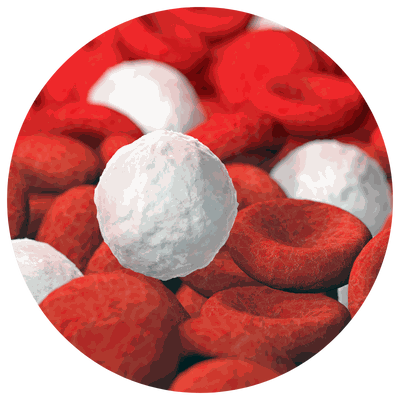In their experiments, the team was able to detect the presence of the receptor on neutrophil granulocytes, which make up about two-thirds of white blood cells that combat invading bacteria. It revealed that even low concentrations of about 15 micrograms of [6]-gingerol per liter is adequate to put these cells on high alert. The stimulated cells, versus control cells, reacted 30% more strongly to a peptide that simulates a bacterial infection. Moreover, the application of a TRPV1 receptor-specific inhibitor reversed [6]-gingerol’s induced effect, confirming results.
Thus, findings support the presumption that intake of common amounts of ginger can modulate immune system responses. Nevertheless, Somoza emphasized how there are still questions at the molecular, epidemiological, and medical levels that are waiting to be addressed with the help of modern food and health research.

